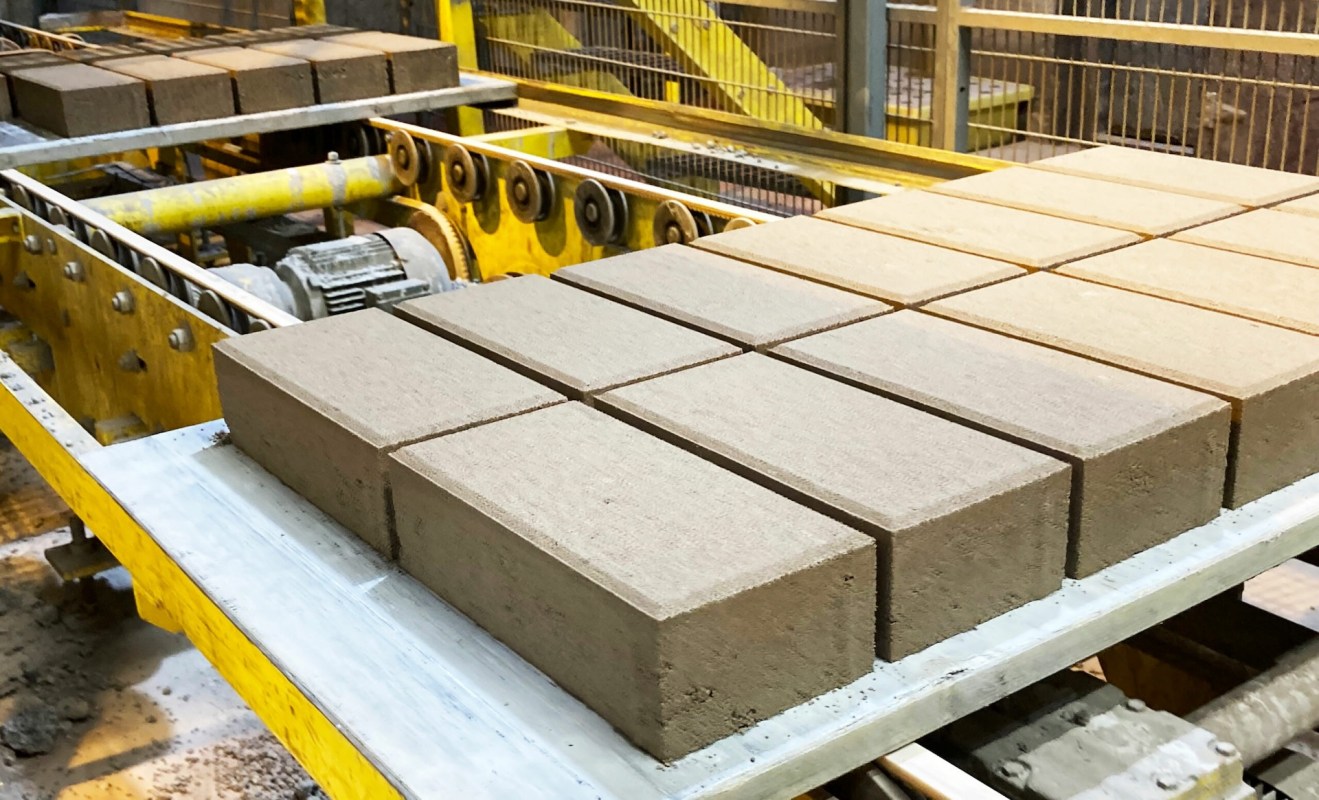A Finnish company is leveraging nearly $2 million in seed funding to turn air pollution into stone.
It's not a form of taboo alchemy but rather legitimate science from Carbonaide, a company using chemistry to mineralize planet-warming carbon dioxide.
The method turns it into a material that can be used in concrete, reducing the amount of heavily polluting cement needed to bind the mix. The concept fascinatingly both stores air pollution and prevents its creation, according to an article on the innovation from TechCrunch.
If Carbonaide can get a planned pilot factory running at scale, the results could be huge for the construction sector — and our planet.
The Guardian reported that concrete is the second-most used material on Earth. It's widely reported that the industry produces about 8% of the world's air pollution.
"Our goal at Carbonaide is to create a more sustainable future with cutting-edge tech that doesn't just reduce the carbon emissions of construction materials like concrete, but that traps more CO2 than they emit throughout their lifetime," Carbonaide CEO Tapio Vehmas said in the TechCrunch report.
The U.S. Geological Survey describes mineralization as a chemical reaction that happens when "certain rocks are exposed to carbon dioxide," trapping the pollution.
The Carbonaide process, which has received accolades since at least 2022, is able to bind the mineralized carbon into "precast concrete." The method keeps the unrealized dirty air out of the atmosphere while also lessening the amount of cement needed. Cement manufacturing is the most polluting part — up to 90%, per the Natural Resources Defense Council — of the concrete sector.
As a result, Carbonaide experts told TechCrunch that they think they can reduce the most common type of cement's air pollution burden by half.
"It is very natural that the constructed environment becomes a CO2 sink, as it is the largest volume of man-made material," Vehmas said to TechCrunch.
It's a problem being tackled by innovators elsewhere, as well. Sustainable solutions can remarkably even be borrowed from our ancient past, as researchers are realizing more about Roman building techniques that have kept structures standing for centuries.
Mainstreaming efficient, sustainable, and energy-efficient construction concepts can help to reduce air pollution and even provide significant savings. Some simple weatherization projects, for example, can save hundreds of dollars a year while preventing more than a thousand pounds of air pollution from being generated, depending on the scope of the work.
Experts at Arizona's Vali Homes claim that their smartly built abodes will pay for themselves. What's more, the dwellings' ability to provide fresh air can also improve decision-making by 300%, according to Vali, citing Harvard studies.
Carbonaide's cleaner concrete could only enhance sustainable design concepts already in practice. For now, all eyes are on the production line test operation in Finland. The most recent press release from November noted that the company added more knowledge to the roster with an expert tasked with commercializing the innovation.
As Vehmas noted, the biggest challenge in commercialization will be ensuring a lower cost structure than carbon-polluting alternatives. "Otherwise, we can't be sure that our technology will prevail," he said.
"If everything goes as I dream, our technology will start a process where the constructed environment becomes a carbon sink in the future, not a source of massive emissions," Vehmas told TechCrunch.
Join our free newsletter for weekly updates on the coolest innovations improving our lives and saving our planet.









